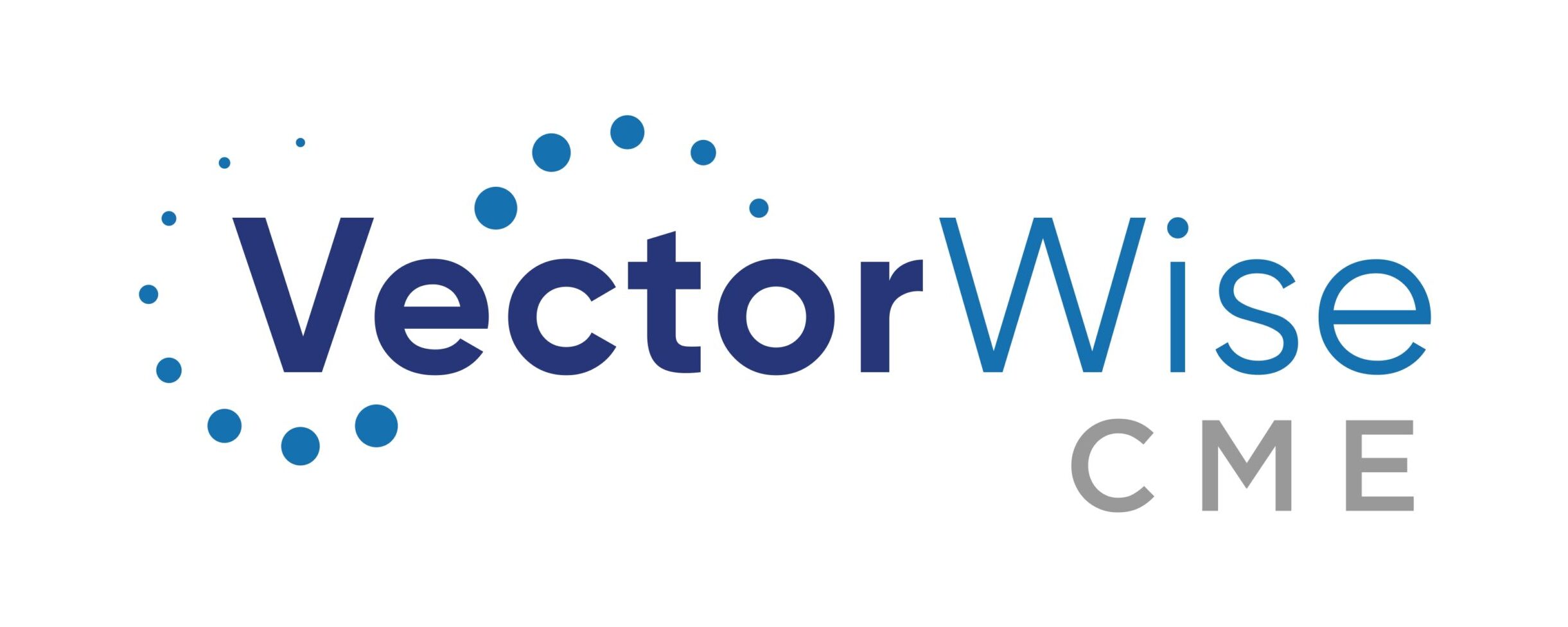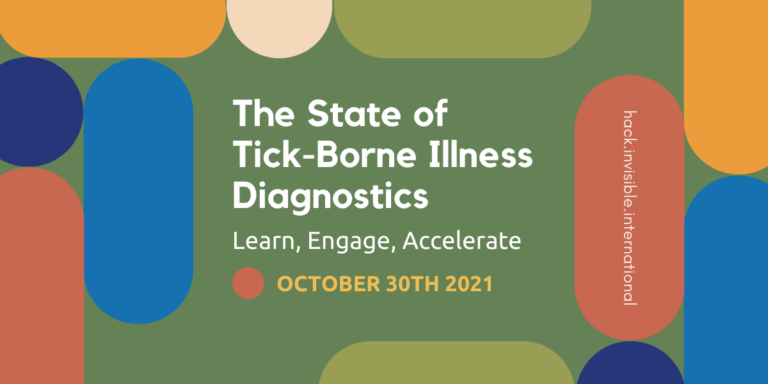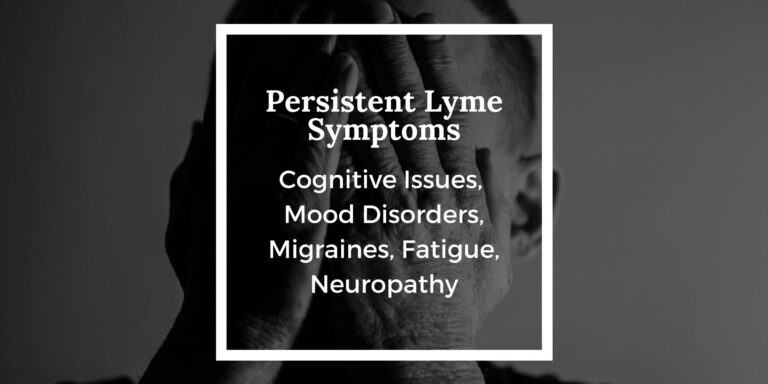Invisible’s New CME Course on Leptospirosis: The World’s Most Common Zoonotic Disease
Invisible’s newest CME course, “Leptospirosis: A Clinical Perspective,” provides medical professionals with comprehensive knowledge about diagnosing and managing leptospirosis. Leptospirosis is the world’s most common zoonotic disease, which is a category defined by infections that are spread between people and animals. It is often transmitted to humans through contaminated water. Taught by Dr. D. Scott Smith, a Stanford-trained infectious disease physician, the course draws from his extensive field experience. Dr. Smith has served as the Chief of Infectious Disease and Geographic Medicine at Kaiser Redwood City in California and is a current co-chair on the Professional Education Committee in the International Society of Travel Medicine.
Dr. Smith highlights the critical nature of leptospirosis. “Prompt recognition and appropriate management of this disease are crucial for clinicians, as it can be life-saving,” he notes, emphasizing the importance of timely and accurate response to potential cases (1).
The course addresses leptospirosis as a global threat that frequently mimics diseases like Lyme disease. It is designed to improve healthcare providers’ ability to identify the often non-specific symptoms of leptospirosis, which often pose a challenge in its early detection.
A key component of the course is the One Health approach, which melds human, animal, and environmental health considerations. This is crucial for the comprehensive understanding and management of leptospirosis.
Participants will delve into the diagnostic challenges of leptospirosis and explore the limitations of current testing methods. Treatment and prevention protocols, focusing on antibiotics such as doxycycline and penicillin, are covered. Strategies for avoiding exposure to contaminated environments such as stagnant bodies of water and lakes, and the use of appropriate protective gear are emphasized to limit the spread of leptospirosis. Under Dr. Smith’s guidance, this course aims to equip healthcare professionals with essential insights and practical skills to effectively confront leptospirosis, enhancing their capacity to address this significant global health challenge
Anyone can view the course here.
The Invisible Education Initiative, funded by the Montecalvo Foundation, provides free, accredited Continuing Medical Education (CME) courses that focus on vector-borne and environmental illness within a One Health framework. These courses are available to clinicians and the public. To donate to this initiative and to learn about Invisible International, please go here http://invisibleinter.wpengine.com/give.
- National Center for Biotechnology Information: Leptospirosis Overview. (Link)







